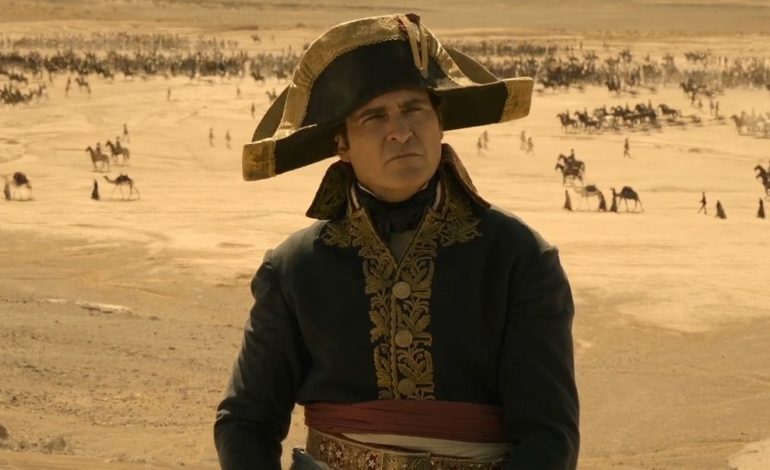

With his ever-ambitious biopic Napoleon coming to theaters soon, widely acclaimed director Ridley Scott sat down for an interview with Deadline’s Michael Fleming Jr. In the interview, Scott discussed his work on and passion for Napoleon, how filmmakers like Kubrick were influences, and the lessons he learned across his nearly sixty-year-long career.
Scott admits that his version of Napoleon wasn’t based on Kubrick’s infamous canceled project. Instead, he discussed how his love for France and French history influenced his life as a director, even before he got to work on his biopic. “I lay in the sun, enjoying the best French food I could afford, which was steak frites and dodgy wine,” Scott recalls. “So I’ve never forgotten the French summers.”
Scott had previously worked on a film based in the same era as Napoleon titled The Duellists. The 1977 film followed the continuous duels between Bonapartist Gabriel Feraud (Harvey Keitel) and aristocrat Gabriel Feraud (Keith Carradine) throughout the Napoleonic wars. While shooting The Last Duel, he noticed their shooting location was about five kilometers from where he originally shot The Duellists. He recalled thinking, “Let me do the greatest Frenchman in history called Napoleon Bonaparte.”
Even though Scott decided to shoot the film of his own volition, he still respected Kubrick. When discussing his fears regarding AI, Scott mentioned that Kubrick “was good at choosing an impossible situation, and the equation around it gradually settled into what it has to be.” He admitted that his AI character Ash from Alien was loosely inspired by Kubrick’s HAL from 2001: A Space Odyssey. “You get two filmmakers together, they just open up, and there’s nothing pretentious in there whatsoever,” he explained.
Even so, Scott endured several hardships to get to where he is today, especially with Blade Runner. When he screened his cut to the studio executives, he was forced to tack on a happy ending and voiceover, which he felt defied the film’s noir tone. While it was a success, he still received an unflattering review from Pauline Kael that he still keeps hung up today. He calls it a reminder of his limits as a filmmaker and a crucial lesson. “I was wounded, and then later I framed it to keep it in the office to remind me the only thing that matters is, what did I think of it?”
